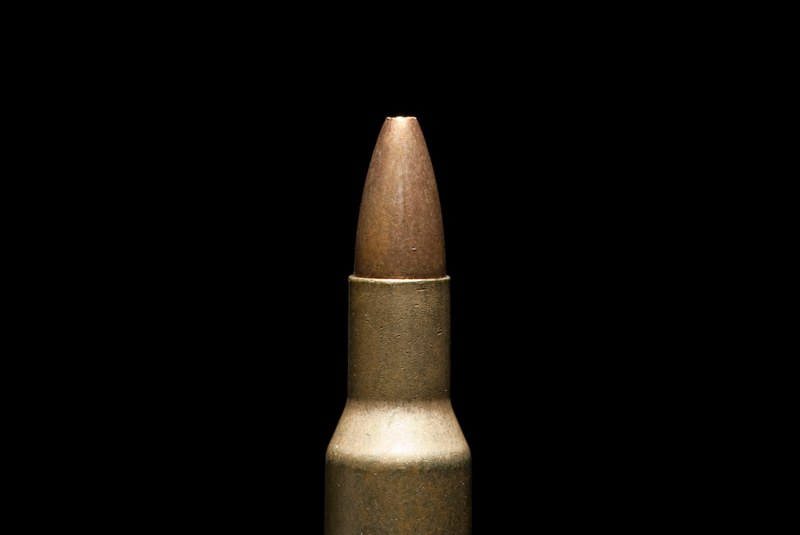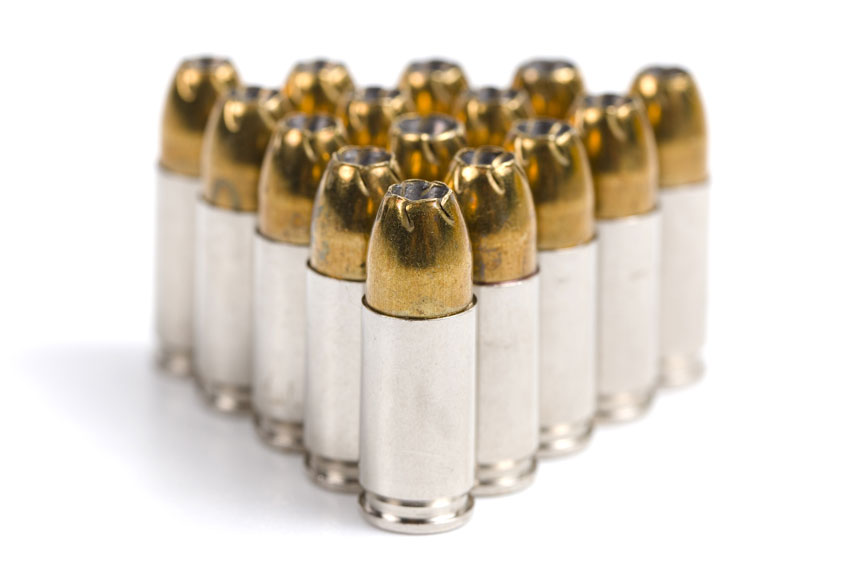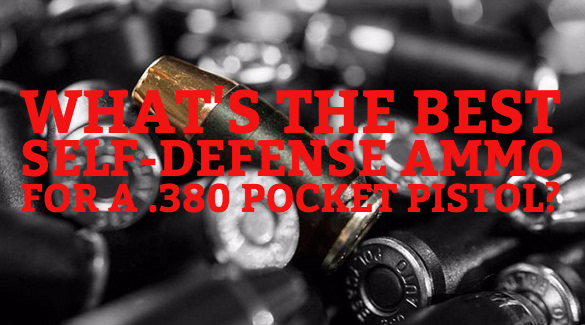Despite what the anti-gun camp would imply, the majority of gun owners are a responsible and cautious bunch. Those who carry firearms want nothing more than to handle their firearms safely and to the benefit of themselves and those around them. It’s all about keeping themselves and those they care about safe; that’s the reason why they bought a gun in the first place!
But when a member of the uninitiated buys a handgun for the first time, when are they prepared to start carrying concealed? Obviously, the bare minimum to carry concealed – getting the permit and strapping a gun under you coat – isn’t ideal. Would somebody with that level of training really be able to discharge their firearm correctly in the event that it’s needed?
On the other hand, nobody wants to dedicate their lives to training. Most people want to be competent enough to protect themselves, but they don’t want to spend hours every week honing their skills.
Where’s the happy medium here? What should new shooters do to make sure they’re able to handle their guns effectively while avoiding an unnecessarily large time commitment?
Thankfully, Bearing Arms recently published a post that tells us exactly what we need to know. Check it out below:
I’ve discovered that middle age is when all the stuff you did when you were younger starts catching up with you. My shooting-side shoulder is the most recent part of my body to communicate its displeasure with the way I’ve treated it over the years, which led me to getting an MRI yesterday morning.
While there, the conversation with the MRI technician turned towards firearms, and more specifically, her Glock 26 and her brand new concealed carry permit.
She wasn’t very happy with her gun—she preferred the slightly less robust recoil on her husband’s larger G19—and didn’t feel comfortable carrying her gun yet. The only training she’d had was a brief one-on-one session with her husband’s friend, who is a part-time instructor of some sort. She wanted training that would be relevant to her needs and current skill set. I congratulated her for recognizing that she needed more training, and we had a conversation about where she might be able to start her journey. We’re very blessed to have a lot of local training talent in the Raleigh-to-Fayetteville corridor, and so I sent her to a very reputable firm to talk to them and figure out her best course of action.
Unfortunately, a lot of people think that obtaining a handgun (and where required by law, a permit) is all they need to be protected. To borrow from Jeff Cooper, that’s like buying a piano and claiming that you’re a musician. To be a musician or a competent defensive handgun shooter requires lessons from good teachers and lots of practice.
I’ve had about 220 formal training hours in defensive weaponcraft in the past two years, with about 160 hours of that in handguns, and the rest being divided between carbines, shotguns, and non-ballistic weapons. I now know enough to know that I’m an intermediate level shooter and tactician. I have slightly better than average teachability, and tend to be a good judge of when to “switch it on” during force-on-force training. I’ve trained enough to get an idea of what my limitations are, but I have a long way to go before I’d consider myself “good.” Heck, I may never get to my standard of “good.” But I try to get better every class, and incorporate more of what I learn into my every day carry (EDC) and training as a result.
The more I train, and the more time I spend among serious students and instructors, the more I realize that there is no “enough” to training. There is no fixed destination where any of us will “arrive,” and suddenly know all there is to know.
There are simply milestones along the journey.
Did you learn anything from that? Give us your thoughts in the comments.

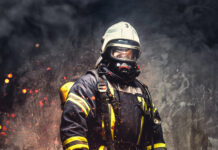



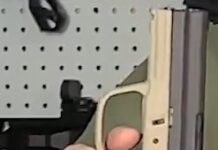


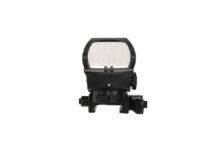
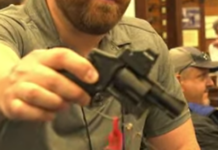
![What Level Holster Should You Be Using? [Video]](/wp-content/uploads/2024/04/Depositphotos_44548439_S-218x150.jpg)
![How Many Shots Will It Take? [Video]](/wp-content/uploads/2025/06/Depositphotos_2724272_S-218x150.jpg)


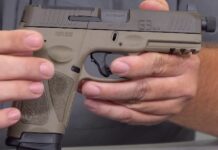

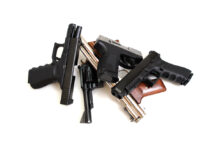
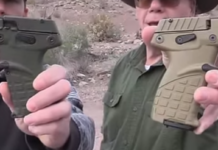




![[Satire] Finally! The REAL Cause Of Gun Violence Revealed!](/wp-content/uploads/2019/08/Depositphotos_28992959_s-2019-100x70.jpg)









![Optic Ready vs Milled slides? [Video]](/wp-content/uploads/2024/02/image-3-100x70.png)
![[Checklist] What Gear You Need To Take Pistol, Rifle & Shotgun Training Courses [Video]](/wp-content/uploads/2023/07/Depositphotos_275087632_L-100x70.jpg)
![What is in Carter’s 2023 EDC? [Video]](/wp-content/uploads/2023/07/Depositphotos_146856137_L-100x70.jpg)
